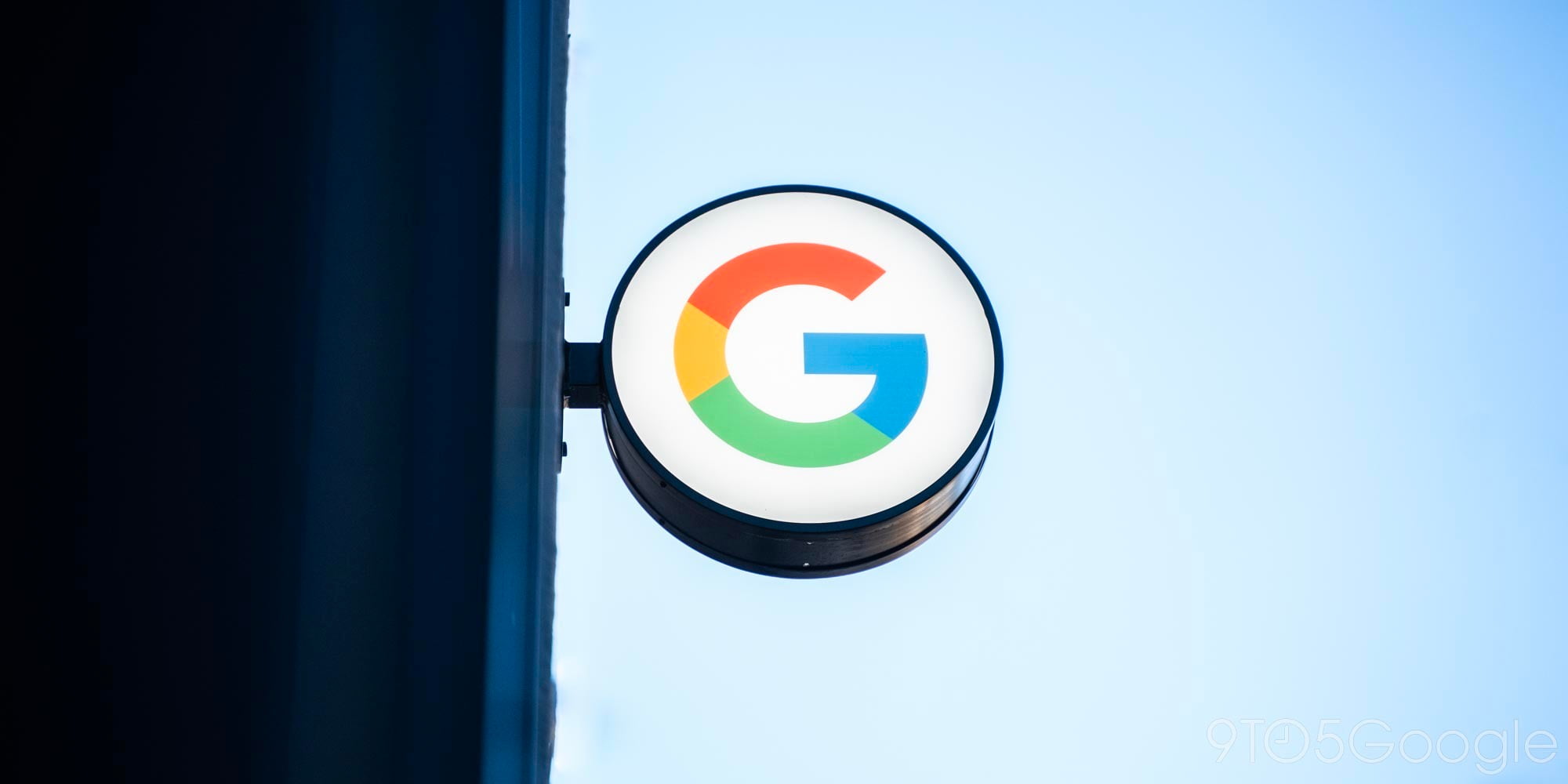

Google’s head of Google[x] Astro Teller took the stage today at South by Southwest in Austin, Texas, to talk about the Mountain View company’s secretive experimental lab and the things that the team has learned over years of showing its ambitious projects to the world (via The Verge). Teller spent a lot of time talking about Google Glass—which is definitely one the better known projects to come out of Google[x]—and how this fame was actually part of where Google failed…
Those in the Glass community are very familiar with having to remind the world that their experimental head-mounted display gadget isn’t intended to be a final product, and that perfectly exemplifies part of the confusion that came with Glass. While the large Explorer Program that Google launched to put the device into the wild was a “great decision,” Teller says that Google wasn’t clear enough about the project’s position. “”The thing that we did not do well, that was closer to a failure, was that we allowed and sometimes even encouraged too much attention for the program,” he said.
Google’s intention was not to lead the world to believe that Google Glass was anywhere near being a finished product nor that it would be coming to market any time soon. “We did things which encouraged people to think of this as a finished product,” he said. And this perceived positioning of Glass, that this was actually a $1,500 fancy pair of glasses that Google thought the world needed, is where the project failed. Google Glass is now under Tony Fadell’s leadership, and Teller is definitely a strong believer in the future of the platform.
Teller touched on several other Google[x] topics at SXSW, including Project Loon, the self-driving car, and the company’s drone project called Project Wing. All of these projects have been riddled with challenges and failures, including an unpredictable number of failure scenarios for the self-driving car and problems with Project Loon balloons leaking. But Teller says that failures are what they strive for in order to learn faster. In the example of an experimental new wind turbine, the team actually managed to successfully launch on the first attempt without issue—and they were disappointed.
The self-driving car is definitely one interesting case where there are just simply an endless number of things that could go wrong—the only thing the company could do was put the car into the world and just witness what happened. He apparently told the story of an older lady in a wheelchair shooing a duck across the road, and how the self-driving car was able to completely ignore it. Teller also says that they learned a lot from early SUV prototypes, and that humans most definitely could not be trusted as a backup to the car’s automation. That’s when they started working on a car that was 100% autonomous without a steering wheel or gas pedal.
Teller is proud of all these failures. “We rack up negative examples but that is what we use to get better,” he said (via ABC).
(Image via Flickr)
FTC: We use income earning auto affiliate links. More.




Comments